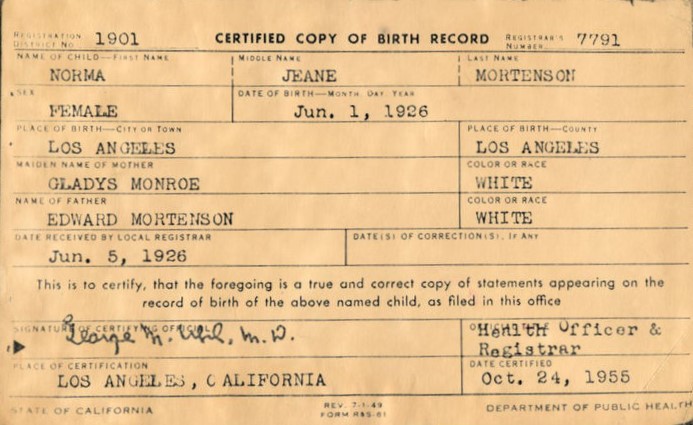
The issue of to read or not to read family letters and diaries seems to be the hot topic for this year. Most of us will have been taught as children never to read other people’s mail or diaries. That it is an invasion of privacy. Simple. At least while the owner is alive. But what about when they are dead?There are many advocates for the practice of destroying personal papers as soon as practical after a loved one’s estate is settled. The thought of reading personal correspondence, especially items like love letters, or personal arguments is simply abhorrent. Private should remain private even after death. This was the practice in my family, just about everything including photographs were destroyed or binned. Gone forever. Only a few items that were unintentionally missed or misfiled survived.One of those items was a draft letter written by my grandmother in reply to the son of a late relative by marriage on the other side of the world. While settling his late mother’s estate he had come across some correspondence between the two ladies and had written to my grandmother to let her know his mother had passed. In his letter found with the draft of my grandmother’s he had assumed an incorrect kinship between my grandmother and his late stepfather. The draft of my grandmother’s letter explained (almost in her voice) that “Mush” was a cousin but not really a proper cousin of hers, but in fact a cousin of her late husband’s. This oft spoken, never understood, phrase of my grandmother’s finally became clear. “Well they are cousins but not proper cousins.” Repeated over the years about various individuals this statement was finally understood to mean that they were cousins on her late husband’s side of the family.One small draft of a letter, that had it been found by my mother’s generation, would have been destroyed, yielded a directionality to searching several lines of my family history that at the time were proving virtually impossible to know where to start.In archives all over the world similar letters exist, PRONI (Public Record Office of Northern Ireland) has a collection of personal letters written by the wife of another cousin of my grandfather’s – mostly to her husband, sister and parents. They are full of trivia about her travels. They provide many answers to family matters on her side of the family. Unfortunately, her husband’s family (mine) are never mentioned.Currently there are several projects underway collecting and displaying “letters home” from soldiers during World War II. They form parts of exhibitions in many libraries. Those letters from ordinary soldiers back home to family, friends, church, well-wishers, and pen pals provide a rare insight into life during the war and one that is rarely included in the history books. I was contacted by one volunteer last year who was helping collate one such exhibition. Two of the soldiers were distant relatives of mine and she had noted a potential connection on a private family tree. I was delighted to be able to share what genealogical information I had and be able to put her in touch with the son of one of the men. He in turn was over the moon to have an example of his father’s handwriting. His father had died when he was only a few months old so in essence he never knew his father. Without that project and the willingness of the researcher to give freely of her time to investigate several of the men, my cousin would never have seen his father’s handwriting.Of course there can be a downside to reading letters and diaries of the deceased. Old wounds can be re-opened, scandals revealed, illegal and immoral practices can come to light. What we do with the information we read, may tell just as much about us as individuals, as it does about our ancestors.As family historians it is our job to uncover the truth, whatever that may be. As human beings and historians I believe it is our responsibility to handle the information sensitively. Where the information pertains to living people who may be hurt, even devastated by the truth if revealed I do believe there is a time and a place to quietly pack away the information in a safe place until the time is right to reveal the contents. I do not advocate destroying the truth – there has been too much of that in the past – but sometimes delaying publication or keeping the truth within a small family circle is more appropriate. A “new” cousin or sibling may on the other hand be welcomed with open arms by some members of the family but their existence could equally devastate other members of the family and even destroy some family relationships.In short, a little discretion can go a long way.




